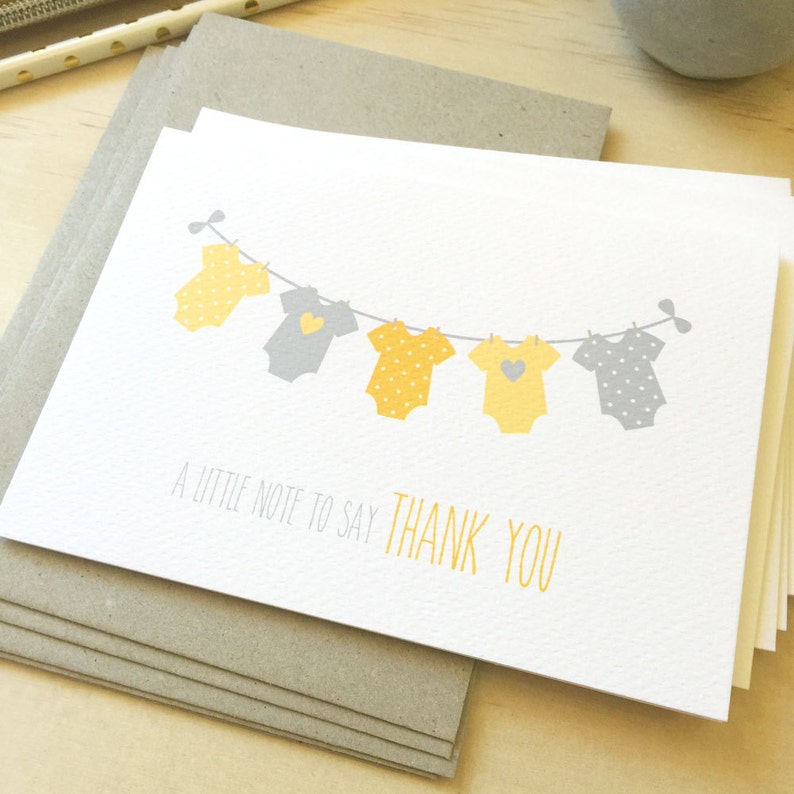
A lot of times people or our friends do us a favour or did something for you which was not quite inconvenient for them but the fact that they still did, you must grace it with ‘má fan nǐ le’ – sorry for the trouble! It is sweet and a different way of saying thank you. While ‘má fan nǐ le!’ iss not a proper formal apology, you can still say it to someone who has gone out of their way to do something for you or help you when you really needed it.

Whether you want to say, ‘thank you for paying attention’ or ‘thank you for coming here’, ‘xiè xiè dà jiā’ is well-suited for both these situations regardless of the formal or informal nature of the event. ‘xiè xiè dà jiā’ means ‘thank you all’ in English which clearly states that the phrase is said in large gatherings to address a huge number of people at once. ‘Xiè xiè dà jiā’ – Thank you all in Chinese It is widely used in casual conversations to thank someone while trying to convey that you care about them and appreciate their presence in your life. ‘Nǐ tài hǎo la’ – You are the Best in ChineseĪnother informal way of saying ‘thank you’ in Chinese, ‘nǐ tài hǎo la’ is commonly used to show extreme gratitude to a family member, friend or someone close to you. It can be used to say ‘thank you’ in Chinese in the context of both formal as well as casual conversations and commonly as a reply to words of appreciation and praise. Mainly applied to situations when someone compliments you, ‘nǎ li nǎ li’ can literally translated as ‘you are too kind’ or ‘you flatter me’. ‘Nǎ li nǎ li’- You’re Flattering me in Chinese For example, if your neighbour offers to buy groceries for you while going to the market, ‘fēi cháng gǎn xiè nǐ’ will be the right way to thank them for their kind gesture. ‘Fēi cháng gǎn xiè nǐ’ -Thank You Very Much in ChineseĪ rather longer phrase to say ‘thank you’ in Chinese, ‘fēi cháng gǎn xiè nǐ’ can be used to show extreme and genuine gratitude to someone on semi-formal occasions.

It can be also said during casual conversations but the right appropriate way to use it is in offices or with your colleagues and seniors.
#THANK YOU SWEETIE PROFESSIONAL#
Literally translated as ‘thanks a lot in English, ‘duō xiè’ is usually used in professional working spaces, formal emails and invites.


 0 kommentar(er)
0 kommentar(er)
